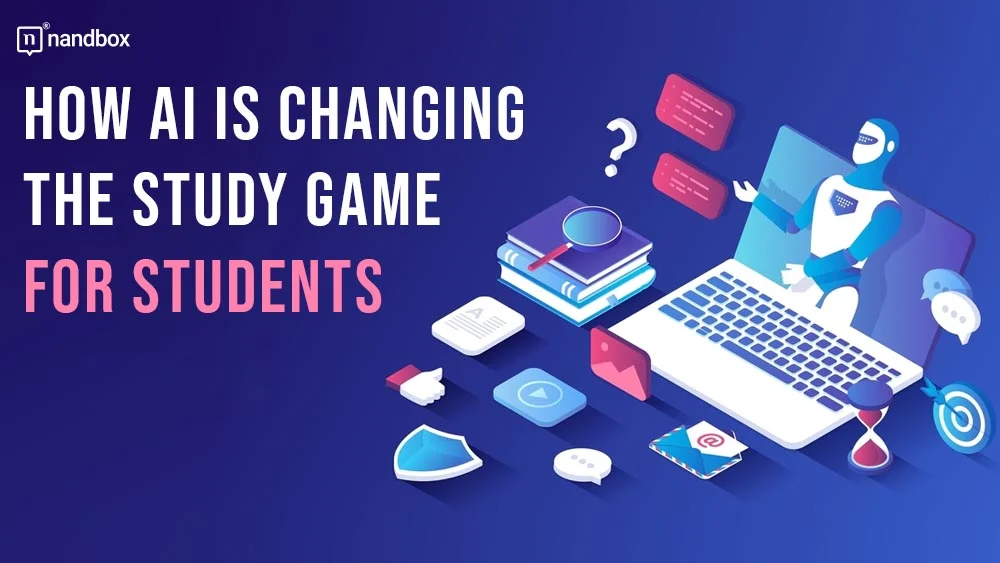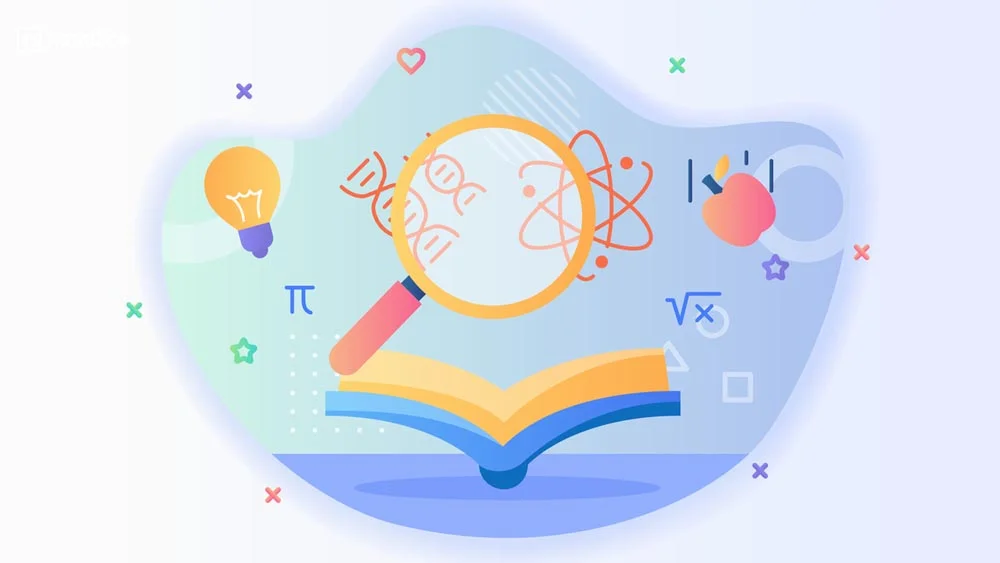The rapid advancement of Artificial Intelligence (AI) is changing the way students learn and manage their academic lives. As technology evolves, AI tools are becoming an increasingly important part of education, transforming modern education and making it more personalized, efficient, and accessible to students across the globe. Here, we explore eight ways AI is changing the game for students.
Eight Ways AI Is Changing the Game for Students
1. Personalized Learning Experiences
AI leads to personalized education, whereby learning is tailored to each student’s needs. Using AI-powered platforms, it’s possible to track a student’s performance and tailor learning resources and even the curriculum in real-time. Students can spend less time working on subjects they have already mastered and more time on the areas where they need the most support.
2. Automated Grading
Students and teachers alike are benefitting from AI in grading. Multiple-choice and fill-in-the-blank tests can now be graded with greater accuracy by algorithms, giving teachers more time to grade more subjective assignments and devote additional time to individual students. At the same time, students can receive instant feedback on quizzes and practice tests. Teachers can try these software solutions to automate the paper grading process:
- Turnitin: Provides detailed feedback on writing and originality, helping teachers streamline the grading process for essays and written assignments.
- GradeScope: Allows teachers to grade paper-based exams, quizzes, and homework efficiently by digitizing submissions and using AI to assist in grading.
- Moodle: An open-source learning platform that includes automated grading tools for assignments and quizzes to reduce manual grading efforts.
- Blackboard: Features comprehensive assessment tools that automate grading and feedback for assignments and tests within its learning management system.
- Schoology: Offers a suite of assessment tools within its learning management system, including automated test scoring and assignment grading.
3. Enhanced Research Capabilities
AI chat like Merlin AI allow students to perform research in a way that would not have been possible before. AI software with powerful search functions, such as LangChain alternatives, can comb through vast amounts of data to find sources, summaries texts, and even generate citations. Such technology can make the research process quicker. Students can find more sources on a topic within the same time frame than they would with a manual search process.
4. Virtual Tutors and Assistants
Advanced AI-driven virtual tutors are now available to help students with anything from solving calculus problems to structuring essays. Their 24/7 availability fills gaps that human tutors don’t have time to attend to in the classroom or that aren’t available at certain times of day or week. You can also use tools such as educational websites to get custom essays for scholars. This will help you get good grades and learn from the best writers.
5. Language Learning Tools
AI is also changing the way that students learn languages. Apps such as the immensely popular Duolingo use AI to adjust exercises to a student’s skill level, provide real-time corrective feedback, and keep users engaged through conversing with AI characters. For those looking for different options, exploring a Character AI alternative can offer a unique approach to language learning and interaction. This kind of immersive, adaptive technology is making language learning available to more people in a way that is more conducive to learning.
6. Scheduling and Time Management
AI-powered apps can analyze students’ class schedules, learning habits, and deadlines to suggest the best times for studying and taking breaks, as well as the best order in which to accomplish tasks based on urgency and personal patterns of productivity.
Here are a few good time management apps you should try:
- Todoist: Organize tasks and projects with features like reminders and productivity visualizations.
- Trello: Visual project management tool using boards and cards, great for team collaboration.
- Asana: Helps teams track and manage work with tasks, projects, and deadlines.
- TimeTree: Collaborative calendar app for scheduling with family, friends, or teams.
- Microsoft To Do: Integrates with Microsoft products for task management and reminders.
- RescueTime: Tracks time spent on devices to provide insights into productivity.
- Evernote: Note-taking app that also helps manage tasks and projects.
- Focus@Will: Uses music scientifically optimized to improve focus and concentration.
7. Accessibility for All Students
AI-driven tools provide vital learning aids for students with disabilities. These include text-to-speech features, language translation services, and other customizable forms of learning. They aim to level the playing field for those with disabilities, such as visual impairments, hearing impairments, or learning disabilities, allowing them to receive the same standard of education as their peers.
8. Preparing for Future Careers
AI helps students prepare for careers in a rapidly changing jobscape. While using AI tools, students will learn how to operate them and incorporate them into their routines. This is particularly crucial now that many new job opportunities will involve using, understanding, and even improving AI technologies.
Redefining Learning with AI
Integrating AI into education is an ongoing process. As technology improves, learners will have access to tools that can facilitate flexible, efficient, and inclusive education for all. Education is about giving students the tools they’ll need to thrive, not just in their studies now but in the wider world they inhabit. Implementing AI in this way doesn’t simply change the game; it changes the playing field.




